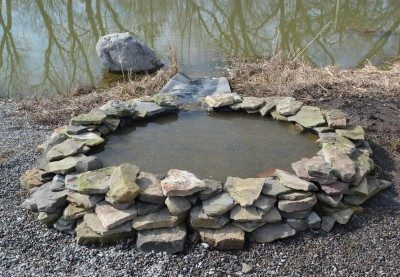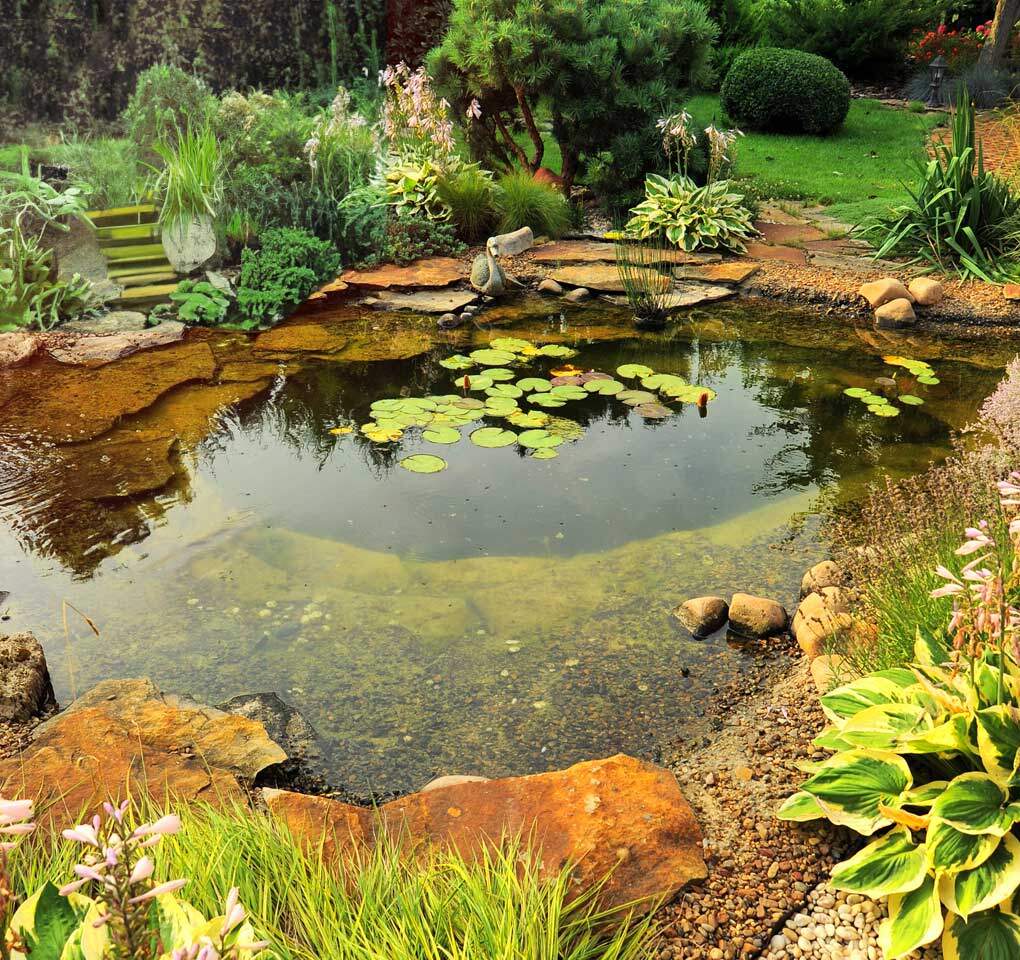Pond Filtration Basics for Agricultural Ponds
When it comes to managing agricultural ponds, pond filtration plays an essential role in maintaining healthy water quality and ensuring the success of farming operations. Whether you’re using your pond for irrigation, livestock watering, or aquaculture, proper filtration can have a profound impact on the overall health of the pond and its ecosystem. In this post, we’ll explore the importance of pond filtration for agricultural ponds and how it helps create a thriving, sustainable environment.
Pond Filtration Basics

Country Pond Filter
Pond filtration refers to the process of removing impurities, debris, and pollutants from pond water to keep it clean and balanced. In an agricultural setting, where ponds often serve multiple purposes, filtration becomes even more important. Agricultural ponds tend to accumulate organic matter like algae, leaves, and manure, all of which can compromise water quality if not properly filtered.
Enhancing Water Quality and Clarity
One of the main reasons for installing a filtration system in agricultural ponds is to improve water quality. Poor water quality can lead to the growth of harmful bacteria, excessive algae, and a decrease in oxygen levels, all of which can harm crops, animals, and aquatic life. Filtration helps maintain clear water by removing excess nutrients that feed algae blooms and keeping organic waste from decaying in the water. Cleaner water not only improves the aesthetic appeal of the pond but also reduces the likelihood of issues such as unpleasant odors or waterborne diseases.
In addition to clarity, good filtration helps regulate the levels of harmful substances like nitrogen and phosphorus, which are common byproducts of agricultural runoff. These nutrients can cause eutrophication—an overgrowth of algae that depletes oxygen in the water, making it unsuitable for many species. Regular filtration keeps these nutrients in check and supports a healthier pond ecosystem.
Supporting Livestock and Irrigation
For agricultural operations that rely on pond water for livestock or irrigation, maintaining the water’s health is imperative. Filtration prevents harmful contaminants from entering the water supply, ensuring that the water remains safe for animals to drink and crops to be irrigated. For example, high levels of organic material can introduce pathogens that could make livestock sick, while sediment and debris can clog irrigation systems.
By using a filtration system, farmers can reduce the risk of these issues, ensuring that their animals receive clean water for hydration and that irrigation systems continue to function efficiently. Additionally, filtered water promotes better crop growth by providing plants with water that is free from excessive nutrients or chemicals that might otherwise stunt their development.
Encouraging Healthy Aquatic Life
In agricultural ponds used for aquaculture or supporting local wildlife, filtration is key to creating an environment where aquatic life can thrive. Many agricultural ponds house fish or other organisms that rely on clean water to survive. Without effective filtration, the water can become toxic, leading to stressed or dying fish and a collapse in biodiversity.
Filtration systems help maintain optimal oxygen levels in the water, promote healthy bacterial activity, and remove harmful substances that could damage aquatic life. This not only supports biodiversity but can also lead to better yields for fish farming operations.
Long-Term Sustainability of the Pond Ecosystem
The importance of pond filtration extends beyond immediate water quality improvements—it also contributes to the long-term sustainability of the pond ecosystem. Over time, an unfiltered pond can become overwhelmed by nutrient imbalances, toxic algae, and excess organic waste. Filtration helps to keep the ecosystem in equilibrium, reducing the need for costly chemical treatments or extensive clean-up efforts.
By investing in a good pond filtration system, farmers can ensure that their ponds continue to provide the necessary water resources for their agricultural needs while maintaining a healthy and productive environment for years to come.
Why Pond Filtration is So Important
The importance of pond filtration in agricultural ponds in the western New York region and elsewhere cannot be overstated. By improving water quality, supporting livestock and crops, and maintaining a healthy aquatic environment, proper filtration systems create a stable, productive pond ecosystem that benefits the farm in multiple ways. Investing in good filtration technology is a smart decision that pays off in the form of better water management, healthier crops and animals, and a more sustainable farming operation overall.





